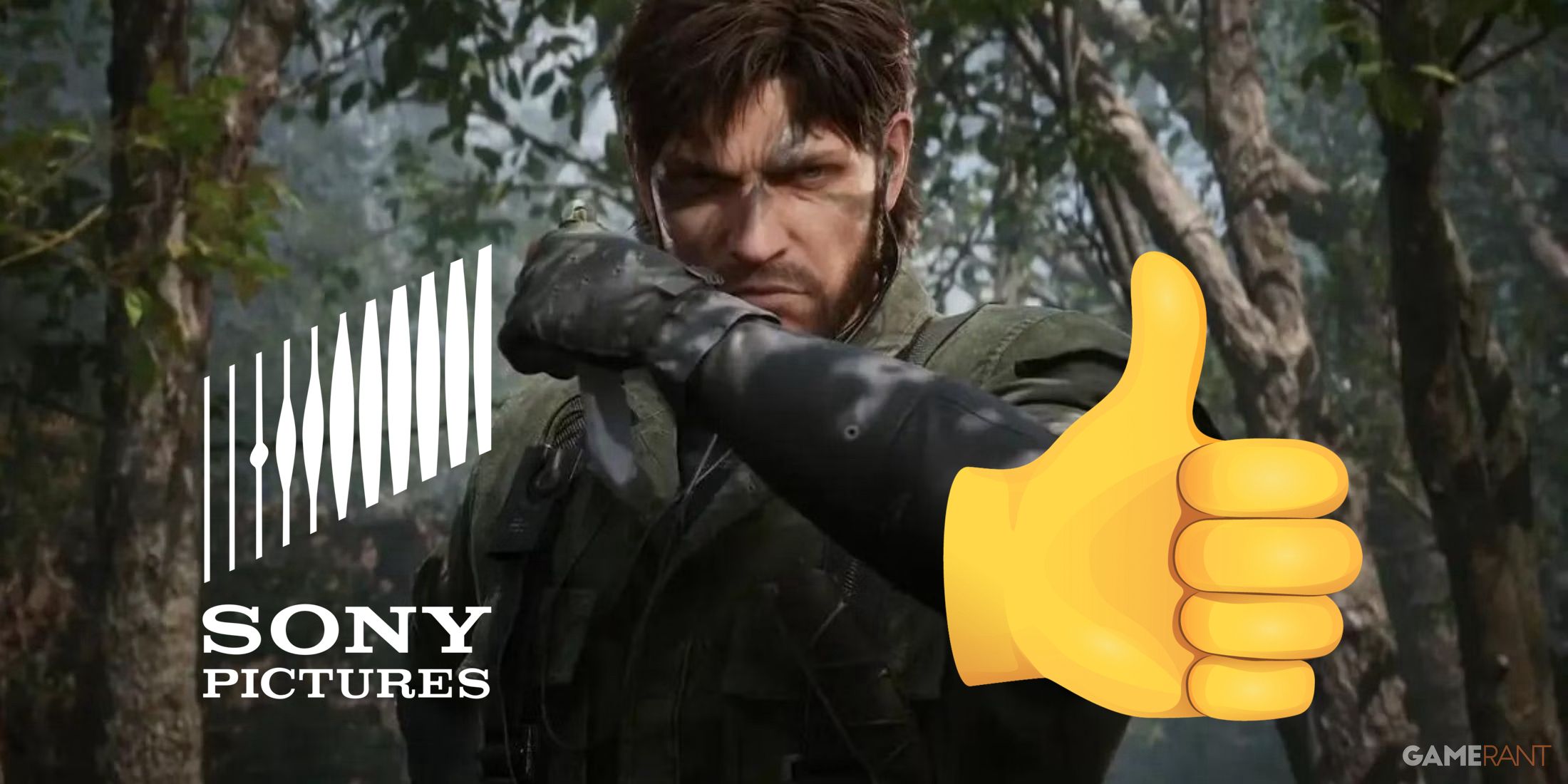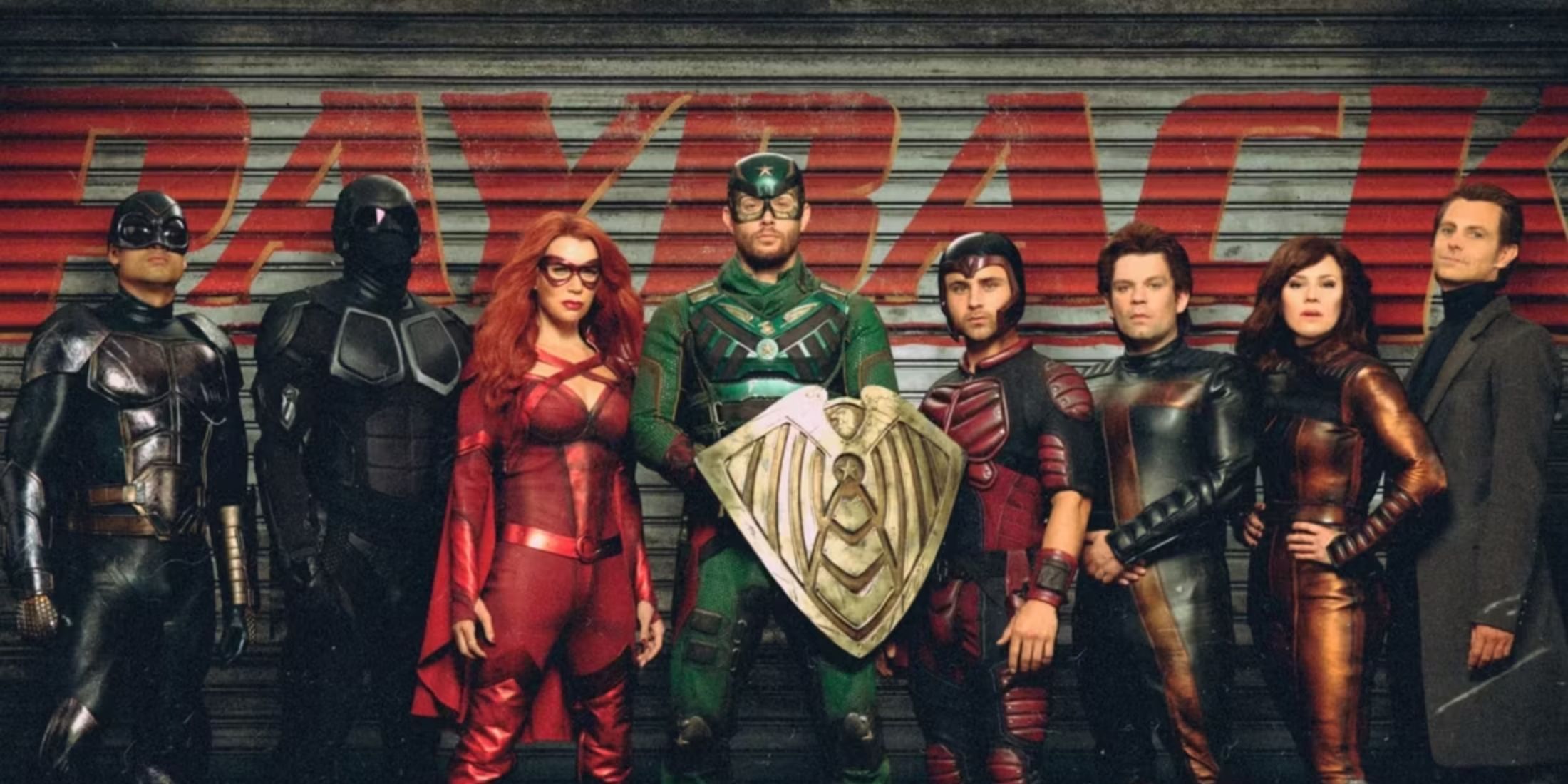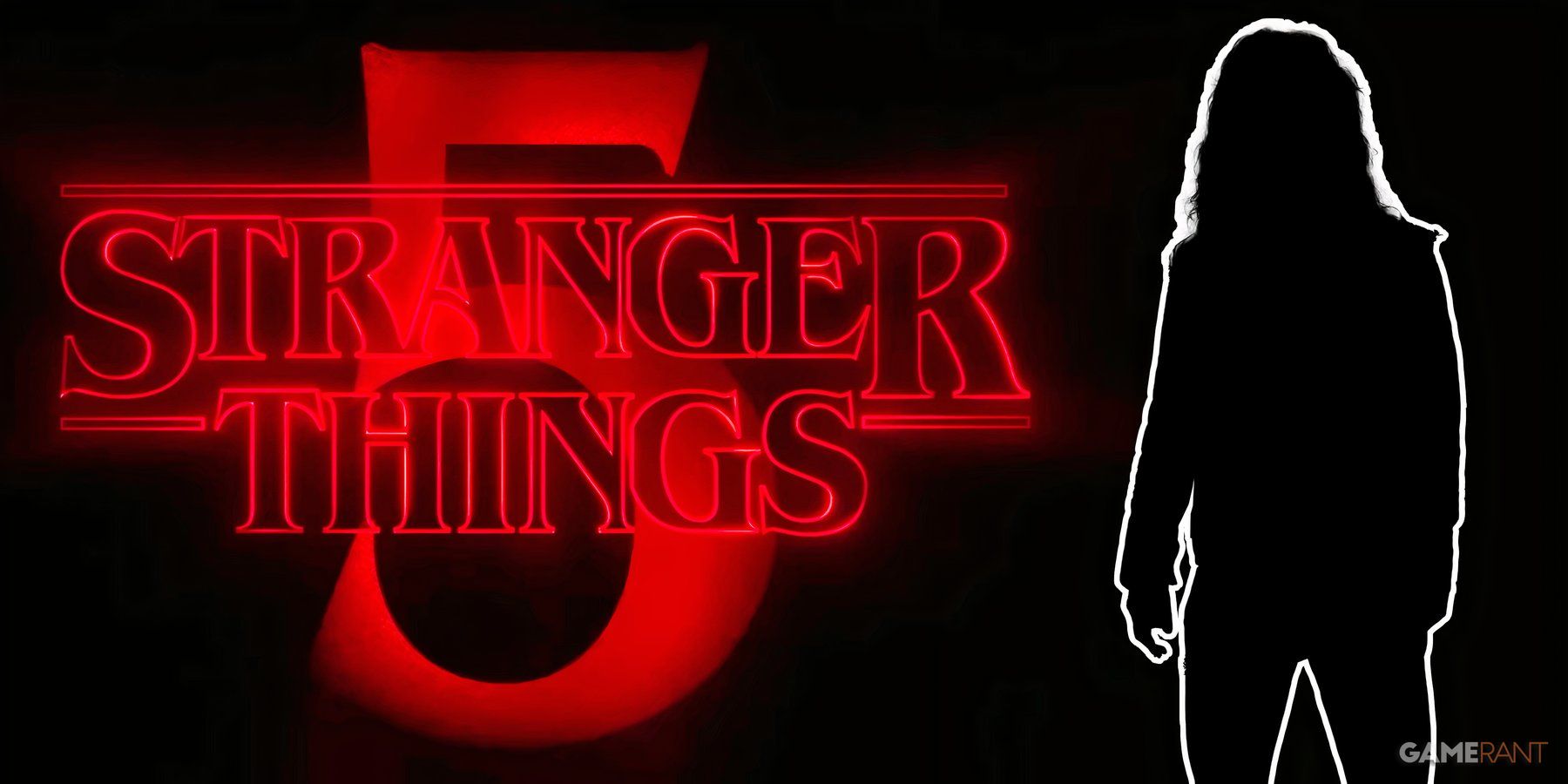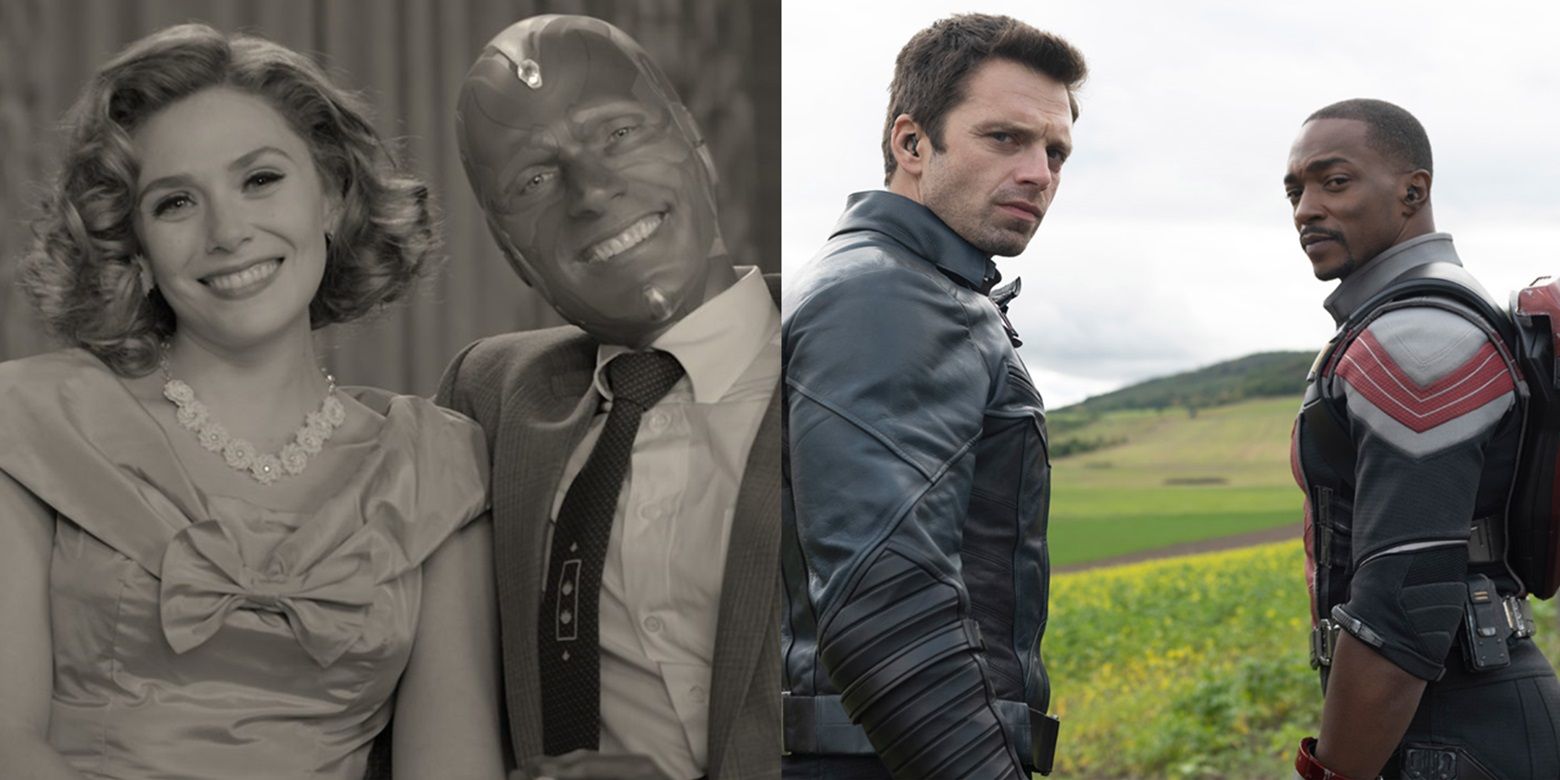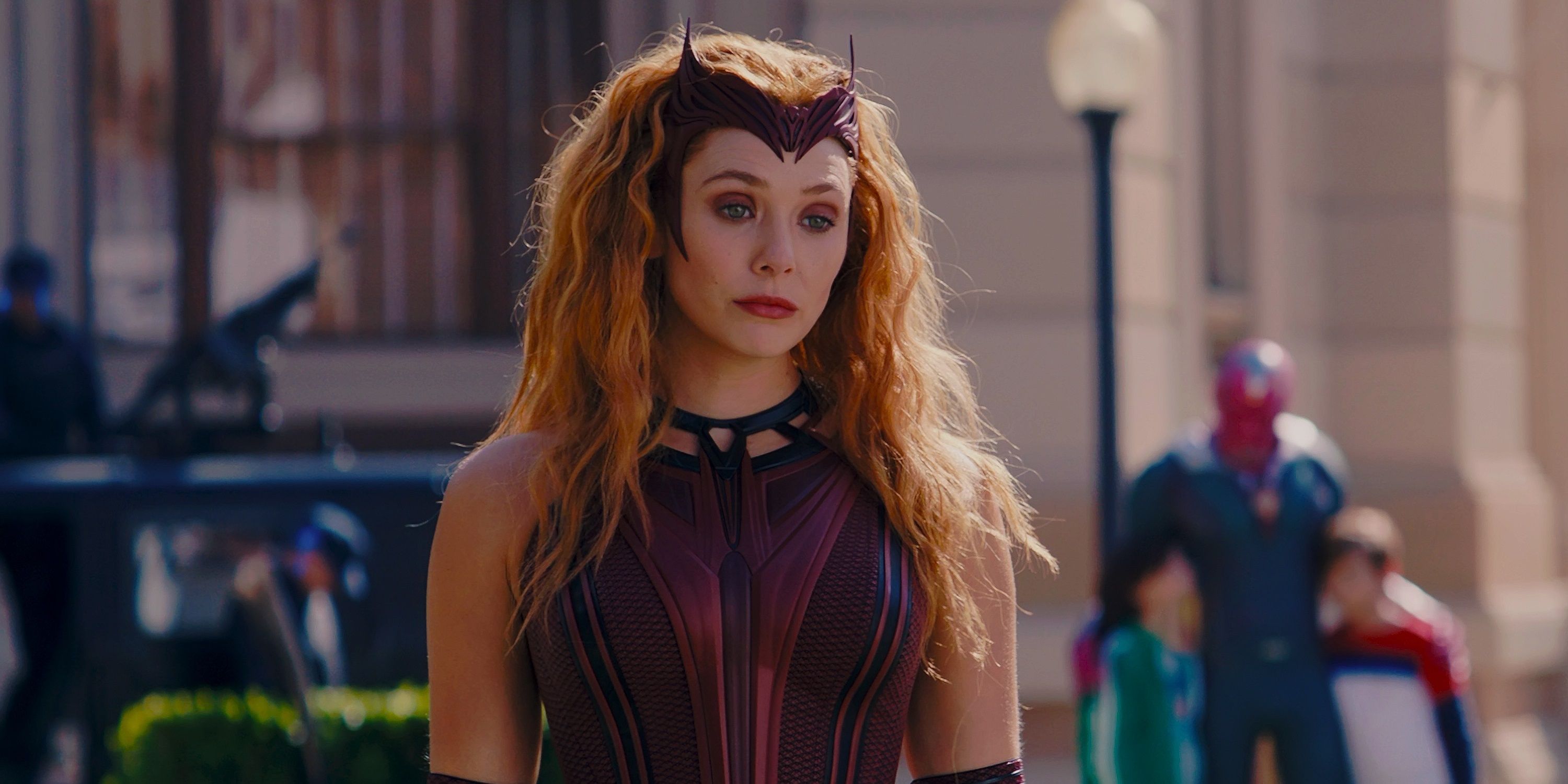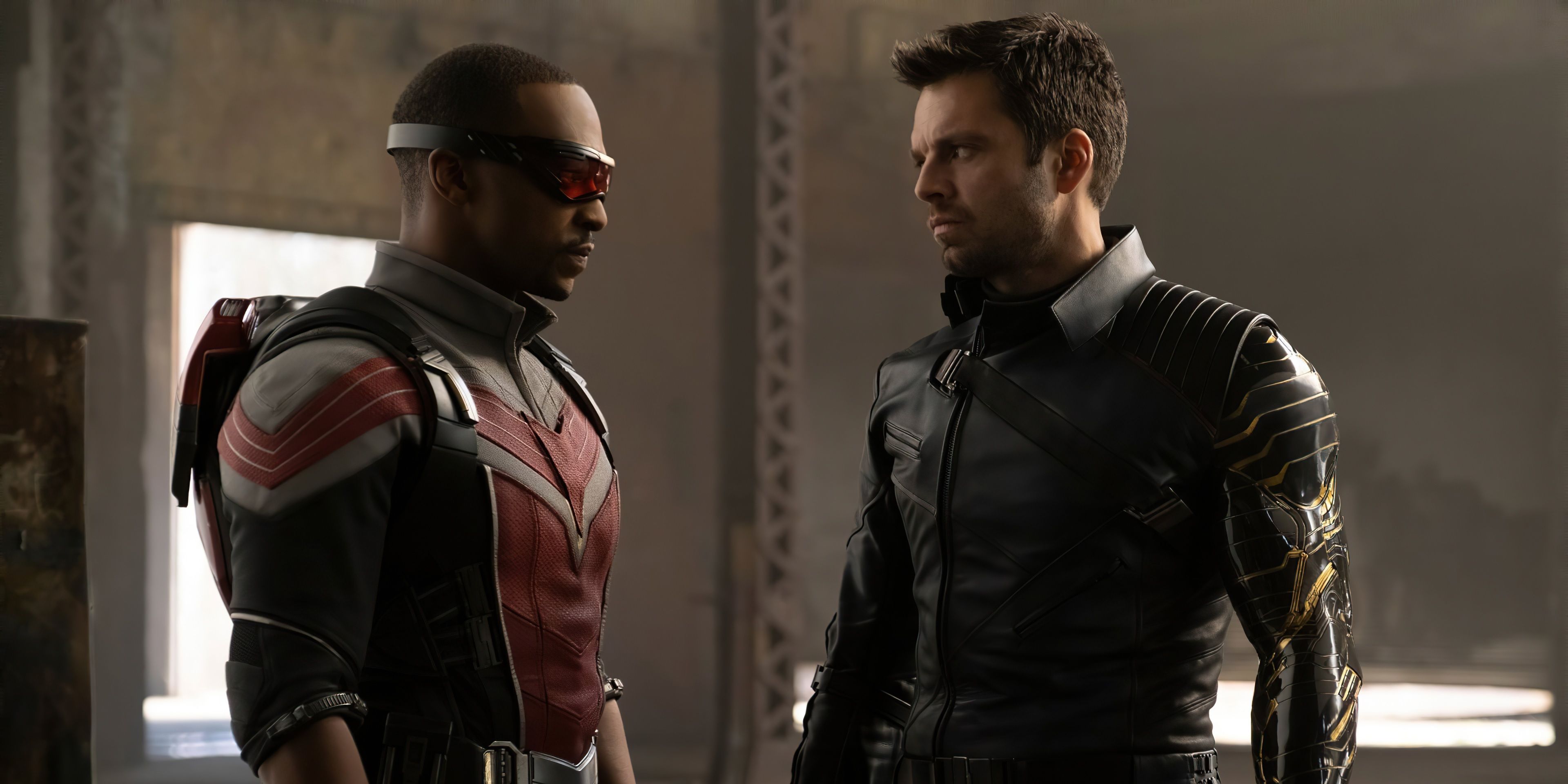Although Disney Plus has been responsible for some of the biggest streaming hits in the past couple of years since it launched, one thing that’s rubbed some audiences the wrong way about the Mouse House’s streamer is its release model. Instead of dropping entire seasons of its original shows at once like Netflix and Prime Video and allowing audiences to binge-watch it in their own time, Disney Plus has been releasing episodes weekly like a traditional TV network.
Earlier this year, the Marvel Cinematic Universe made its official streaming debut on Disney Plus with the release of WandaVision. (The Netflix Marvel series technically take place in the MCU, but they didn’t have any overt connections to the movies like the Disney shows do.) After WandaVision aired its nine episodes a week apart, Disney used the same release model for The Falcon and the Winter Soldier’s six-episode run. They were both satisfying series and solid entries in the MCU, but the week-by-week release schedule worked a lot better for the former than the latter.
While some impatient fans complained that the show’s mysteries weren’t resolved as soon as they were introduced and they actually had to wait to find out what everything meant, the episode-of-the-week format strengthened WandaVision in the long run. Tuning in for a new episode each week suited the series’ homage to TV classics. (This is the same reason The Mandalorian’s episode-of-the-week style works, as it calls back to TV westerns like Gunsmoke and The Virginian.) It also helped WandaVision to delineate its changing time periods. Each episode tackles a different decade of classic sitcoms, beginning with traditional ‘50s shows like I Love Lucy and ending with the mockumentary format of Modern Family. Weekly episodes helped to separate these different sitcom eras; if fans had been allowed to binge the show, these eras might’ve all blended together in one continuous viewing experience.
Unlike all of Marvel’s previous efforts, WandaVision wasn’t an action-driven story. It was really a love story told through the prism of grief, and before that, it was a curious supernatural mystery series in which all was not as it seemed. Releasing the show across eight weeks (the first two episodes dropped at once) allowed the audience to bask in the show’s curious mysteries for a while before providing all the long-awaited answers.
As a more straightforward action-oriented series with a slow start, The Falcon and the Winter Soldier could’ve benefited greatly from an all-at-once release like Netflix originals as opposed to Disney’s standard weekly rollout. At the very least, they could’ve dropped the first two episodes at once. The series got off to such a slow start that the title characters don’t share a single scene in the first episode. So, when it premiered, The Falcon and the Winter Soldier felt more like a Falcon show and a Winter Soldier show edited together than the buddy cop-style series we were promised.
While WandaVision was decidedly episodic, The Falcon and the Winter Soldier felt more like a long movie chopped up into a few bitesize chunks. It starts off slow, introducing all the characters and their interpersonal conflicts, before gradually building to a big action-packed climax in the finale. This kind of arc is fine when audiences sit down to watch a two-hour movie and they get to enjoy the setups and payoffs in one sitting, but when it’s stretched out across six weeks, it can get a little infuriating.
There were plenty of questions asked by the early episodes of The Falcon and the Winter Soldier to keep fans engaged on the way to the explosive payoffs, but elements like the goal of the Flag-Smashers and the identity of the Power Broker weren’t shrouded in nearly as much mystery as elements like the fabric of reality and whether or not Vision is really alive in WandaVision.
Marvel has been able to make more of an event out of each streaming series with a weekly release schedule than a Netflix-style all-at-once season drop. When every episode of a series drops on one day, then the fans ravenously consume them all in one go and the fan discussions are over by the end of the weekend. The weekly episode releases allow fans to have more nuanced debates about details that might’ve gotten lost if they watched the show as a big six-hour movie. The episode-of-the-week format has allowed fans to dissect bombshell moments like Isaiah Bradley’s heartbreaking backstory and John Walker’s sadistic shield smackdown.
But ultimately, The Falcon and the Winter Soldier probably would’ve been better-received if it had all arrived on Disney Plus at once. Its worst reviews came in the early weeks when the show was taking a while to get going. If Marvel had saved those fans a month of waiting and given them all the payoffs in one go, the early reception might’ve been more positive.

